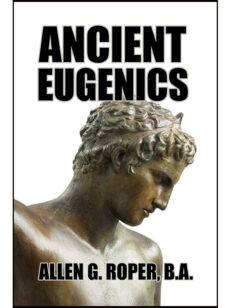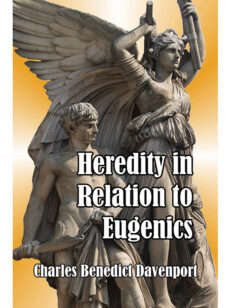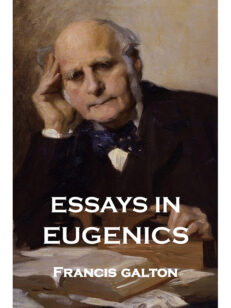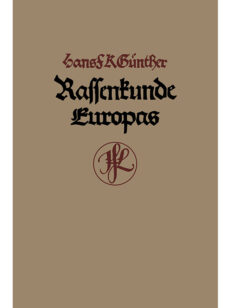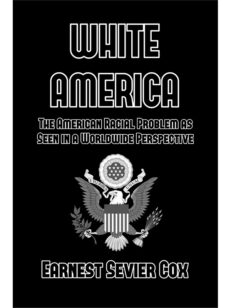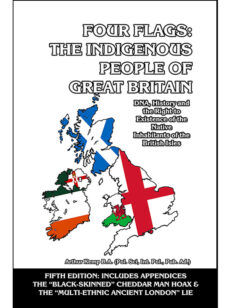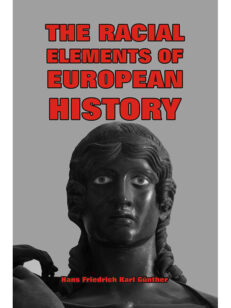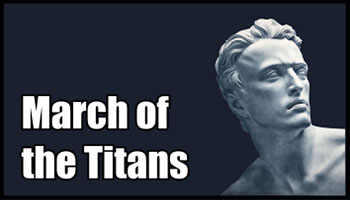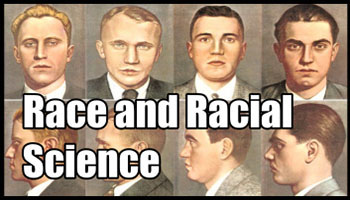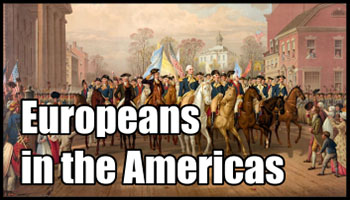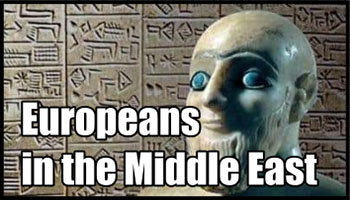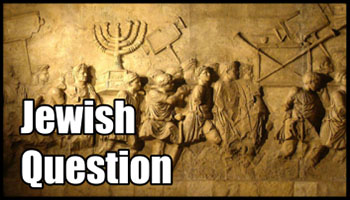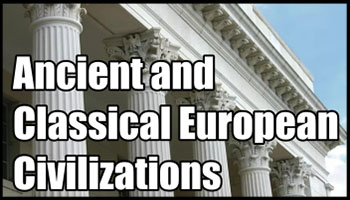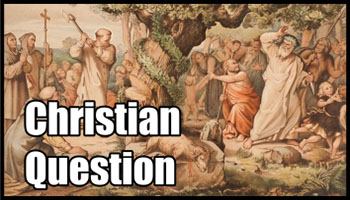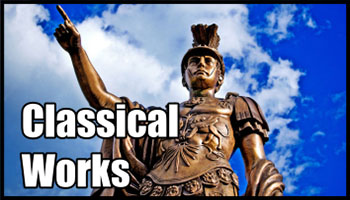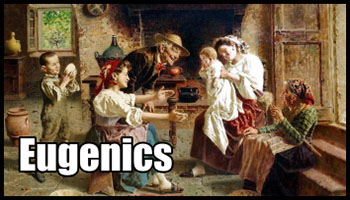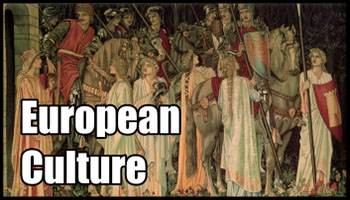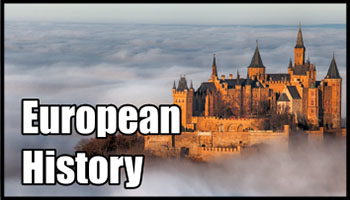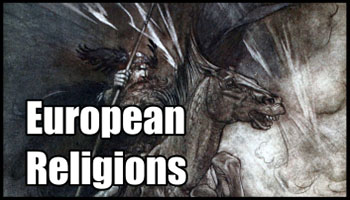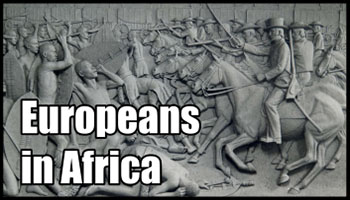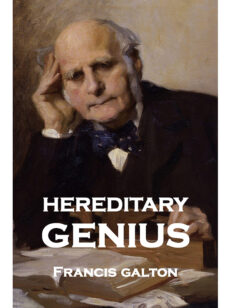Description
By Francis Galton. This pioneering work in the study of hereditary and human ability laid the groundwork for the science of eugenics, inheritance and intelligence studies.
Galton’s methodology consisted of making a list of eminent people and their extended relations to determine how many prominent relatives they had.
If genius was hereditary, Galton reasoned, there should be more eminent people among the relatives than among the general population.
He also proposed a number of methods to separate the effects of heredity and environment, which included adoption studies and trans-racial adoption studies.
The conclusion to which all the data propelled Galton was that intelligence was clearly hereditary. A groundbreaking work, now despised, but as valid as the day it was written. As the author later said, this book’s title should have been “Hereditary Ability.”
Sir Francis Galton (1822–1911), was an English Victorian polymath, anthropologist, eugenicist, tropical explorer, geographer, inventor, meteorologist, proto-geneticist, pyschometrician, statistician and founder of the science of eugenics. He was knighted in 1909.
Contents
Introductory Chapter
Classification of Men According to Their Reputation
Classification of Men According to Their Natural Gifts
Comparison of the Two Classifications
Notation
The Judges of England Between 1660 and 1865
Statesmen
English Peerages, Their Influence Upon Race
Commanders
Literary Men
Men of Science
Poets
Musicians
Painters
Divines
Senior Classics of Cambridge
Oarsmen
Wrestlers of The North Country
Comparison of Results
The Comparative Worth of Different Races
Influences That Affect the Natural Ability of Nations
General Considerations
Appendix
Index
Exact reproduction of the original.
408 pages. Paperback.



